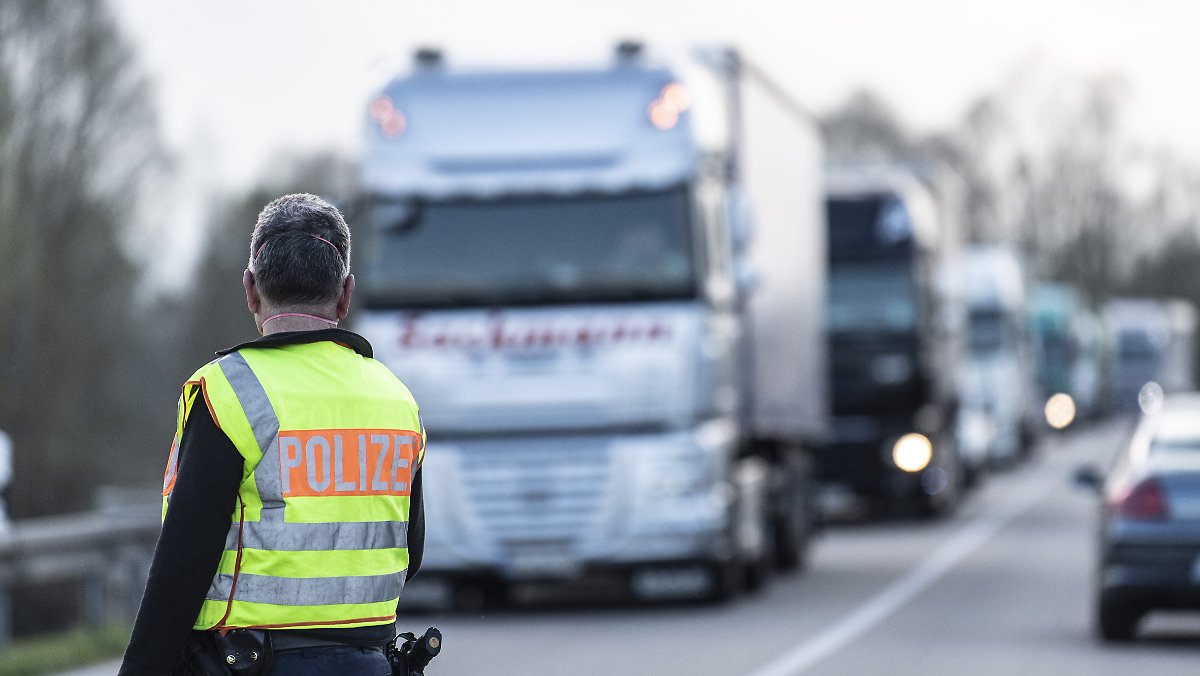
Border Control and Mandatory Testing: Industry Concerns About a Collapse of Supply Chains
Saturday 13 February 2021
Border control and mandatory testing
Industry fears of collapsing supply chains
As the federal government wants to limit the introduction of coronavirus mutations into Germany, strict entry restrictions are in place in many neighboring countries. A representative of German industry warns that this could harm the intertwined European economy.
In light of the controls to be in place from Sunday and the mandatory corona test on several borders, German industry has warned of a collapse in European supply chains. “There are expected bottlenecks for foreign drivers in Germany, big delays when crossing borders and heavy evasive traffic,” said Joachim Lange, director general of the Confederation of German Industries (BDI). “Some modes of transportation will be canceled completely, for example due to lack of staff.”
After the spread of new virus variants, Germany tightened entry rules from European Union countries again and in some cases also ordered border controls in place. As of Sunday, only Germans and foreigners with a residence and residence permit in Germany, seasonal agricultural workers and health workers are permitted to enter Austria from the Czech Republic and large parts of Tyrol. In order to enforce the ban, the Federal Police is preparing for steady border controls. Entry into Germany must be possible with some exceptions, including “individuals involved in the transportation of goods and other necessary transport personnel” – such as mail, freight, or empty means of transport.
According to the information, the classification removes previously valid exemption privileges for transport employees, so that they now – like every regular traveler – must carry a negative test result upon entering the country. She added that for transport employees, there is no longer an exception to the obligation to register and test. This also applies to carriers who only pass through the areas mentioned in transit in order to transport goods to Germany. The federal government has classified Slovakia, a member state of the European Union, as a region with particularly dangerous viral mutations.
The chief executive of the BDI said that the federal government should monitor the effects of the resulting bottlenecks in order to ensure supplies for citizens and businesses. “Germany is not an island, but it is located in the middle of Europe.” According to Wang, German industry is closely linked with unparalleled cross-border employee structures, value chains and supply chains. In light of the planned border controls, the auto and cargo transportation industry has also warned of disruptions to supply chains in production and bottlenecks in trade.

“Unapologetic pop culture trailblazer. Freelance troublemaker. Food guru. Alcohol fanatic. Gamer. Explorer. Thinker.”
